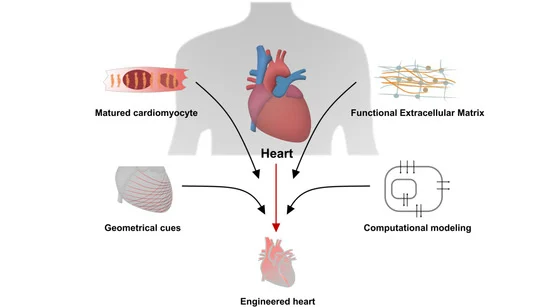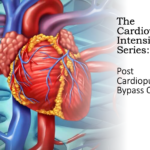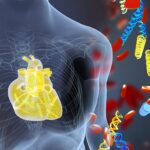Cardiac function studies are critical diagnostic and monitoring tools that assess the functional status of the heart. These studies utilize various imaging modalities and methodologies to evaluate parameters such as cardiac output, ejection fraction, myocardial contractility, and valve function. They play a vital role in diagnosing cardiovascular diseases, monitoring treatment efficacy, and guiding surgical decisions.

Techniques for Assessing Cardiac Function
Echocardiography
Echocardiography is a widely used, non-invasive imaging technique that employs ultrasound waves to visualize heart structures and measure their functional properties. Key types of echocardiography include:
- Transthoracic Echocardiography (TTE): A standard approach for evaluating heart size, wall motion, and ejection fraction.
- Transesophageal Echocardiography (TEE): Provides detailed images of the heart’s posterior structures, often used for detecting valve disorders or thrombi.
- Stress Echocardiography: Assesses cardiac function under physical or pharmacological stress.
- 3D Echocardiography: Offers three-dimensional views for precise evaluation of heart valves and chambers.
Cardiac Magnetic Resonance Imaging (MRI)
Cardiac MRI delivers high-resolution images of the heart and great vessels, offering detailed insights into myocardial structure and function. This technique is especially useful for:
- Identifying myocardial scarring and fibrosis.
- Assessing left and right ventricular function.
- Evaluating congenital heart defects.
Nuclear Cardiology
Nuclear imaging techniques, such as Single Photon Emission Computed Tomography (SPECT) and Positron Emission Tomography (PET), measure myocardial perfusion and viability. These studies are crucial for:
- Detecting ischemic heart disease.
- Assessing myocardial metabolism.
- Evaluating left ventricular ejection fraction (LVEF).
Cardiac Catheterization
This invasive procedure provides direct measurements of intracardiac pressures and cardiac output. It is particularly valuable for diagnosing complex hemodynamic conditions and coronary artery disease.
Advanced Imaging Techniques
Emerging technologies like 4D flow MRI and strain imaging are enhancing our ability to assess cardiac mechanics and flow dynamics in real-time.
Key Parameters in Cardiac Function Studies
Ejection Fraction (EF)
Ejection fraction represents the percentage of blood pumped out of the ventricles during each cardiac cycle. Normal EF ranges from 55% to 70%. Deviations can indicate heart failure or other cardiac dysfunctions.
Cardiac Output (CO)
Cardiac output measures the volume of blood the heart pumps per minute, calculated as the product of heart rate and stroke volume. It is a crucial indicator of systemic perfusion.
Diastolic Function
Evaluating diastolic function helps identify conditions like heart failure with preserved ejection fraction (HFpEF). Parameters include E/A ratio and deceleration time.
Wall Motion Abnormalities
Wall motion studies detect regional hypokinesia, akinesia, or dyskinesia, which are indicative of ischemic or non-ischemic cardiomyopathies.
Clinical Applications of Cardiac Function Studies
- Heart Failure: Assess severity, guide treatment, and monitor response to therapy.
- Valvular Heart Disease: Evaluate valve morphology and function pre- and post-intervention.
- Ischemic Heart Disease: Detect and quantify myocardial ischemia and viability.
- Congenital Heart Disease: Provide detailed anatomical and functional information for surgical planning.
- Cardiomyopathies: Characterize different types and monitor progression.
Challenges and Limitations
- Interobserver Variability: Differences in technique and interpretation can affect results.
- Technological Access: Advanced modalities may not be available in all healthcare settings.
- Radiation Exposure: Certain imaging techniques, such as CT and nuclear imaging, involve radiation risks.
- Invasive Nature: Procedures like cardiac catheterization carry procedural risks.
Cardiac function studies are indispensable in the realm of cardiovascular medicine. Through a combination of advanced imaging techniques and precise physiological assessments, they enable comprehensive evaluation and management of heart diseases. Future advancements in imaging technology and artificial intelligence hold promise for further enhancing diagnostic accuracy and patient outcomes.

